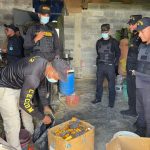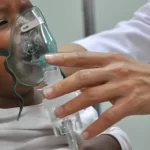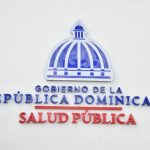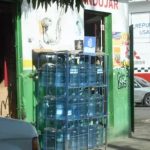Alleged fake neuroscientist in the Dominican Republic faces legal scrutiny and potential prison sentence

Santo Domingo.- Elizabeth Silverio, the self-proclaimed “neuroscientist,” has gained attention following a report by journalist Nuria Piera, questioning the validity of her claimed title and raising the possibility of her facing up to 20 years in prison, as suggested by experts.
Legal expert Amadeo Peralta explained that while the new Penal Code has not yet been approved, there is a specific law governing the medical professions. Individuals found practicing medicine illegally could face penalties of up to 10 years in prison for violating General Health Law No. 42-01 and its regulations, which establish the framework for the national health system.
Peralta clarified that the law in question is of “public order” and grants the Ministry of Public Health the authority to investigate and file corresponding complaints with the Public Ministry and the courts.
He emphasized the need for authorities to pay attention to the clear fraudulent intent and the potential economic benefits sought by those posing as healthcare professionals. Their actions put the health and lives of many citizens at risk, and cases resulting in death should be thoroughly investigated to potentially charge them with manslaughter.
Peralta argued that the alleged “eminence in neurosciences” could face legal consequences for violating Article 156, paragraph 7 of the General Health Law No. 42-01 and its regulations, as well as Article 258 of the Penal Code. Additionally, measures such as the closure of establishments used for the illegal practice of medicine, similar to the Kongland Center for Neurocognitive Therapies and Psychopedagogies directed by Elizabeth, could be implemented.
Similarly, lawyer Félix Portes expressed that the individual under investigation not only faces potential imprisonment but could also be required to pay fines of up to 10 times the minimum wage.
According to Nuria Piera’s report, discrepancies in the titles presented by Silverio, including spelling mistakes, raised doubts about their authenticity. This was further confirmed when authorities from one of the universities from which she claimed to have graduated denied her claims upon verification.

















